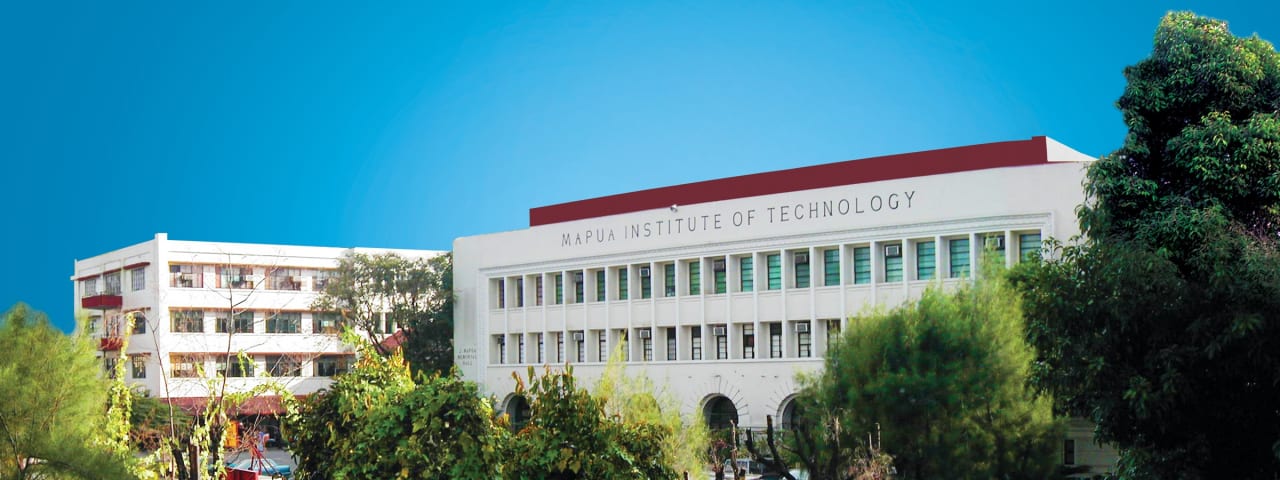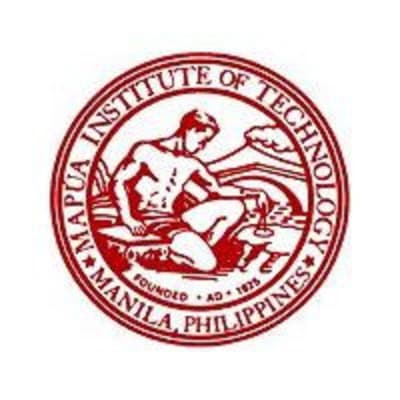
Bachelor of Science in Mechanical Engineering
Mapúa Institute of Technology

Key Information
Campus location
Manila, Philippines
Languages
English
Study format
On-Campus
Duration
Request info
Pace
Full time
Tuition fees
Request info
Application deadline
Request info
Earliest start date
Nov 2024
Scholarships
Explore scholarship opportunities to help fund your studies
Introduction
This program combines the traditional, new, and emerging fields of mechanical engineering such as mechanics, thermofluid sciences, power systems, mechatronics, robotics, nanotechnology, and renewable energy systems. It also allows students to learn how to design and implement mechatronic and robotic systems. In the final year of their study, the students undertake a research project and undergo an on-the-job training based on their chosen tracking, which could either be in mechatronics engineering, automotive engineering, or refrigeration and air-conditioning engineering.
Graduates of this program have a good preparation for professional practice in the areas of manufacturing, operation, maintenance, design, research and management, and for graduate studies as well.
Mission
To attain its vision, the school commits to:
- Develop excellent academic programs that respond to the rapidly changing needs of both the local and global communities.
- Conduct relevant and cutting-edge research and development projects in various fields of mechanical engineering that have an immediate impact on society.
- Undertake community extension projects that uplift the living conditions of the marginalized and preserve the environment.
- Produce graduates who are technically competent and imbued with Mapúa's core values of discipline, excellence, commitment, integrity, and relevance.
PROGRAM EDUCATION OBJECTIVES
Within the five years after graduation, the graduates of the Mechanical Engineering program shall have:
- Undertaken, singly or in teams, projects that show the ability to solve complex engineering problems.
- Had substantial involvement in projects that take into consideration safety, health, environmental concerns, and public welfare, partly through adherence to required codes and laws.
- Demonstrated professional success via promotions and/or positions of increasing responsibility.
- Demonstrated life-long learning via progress toward completion of an advanced degree, professional development/continuing education courses, or industrial training courses.
- Exhibited professional behavior and attitude in engineering practice.
- Initiated and implemented actions toward the improvement of engineering practice.